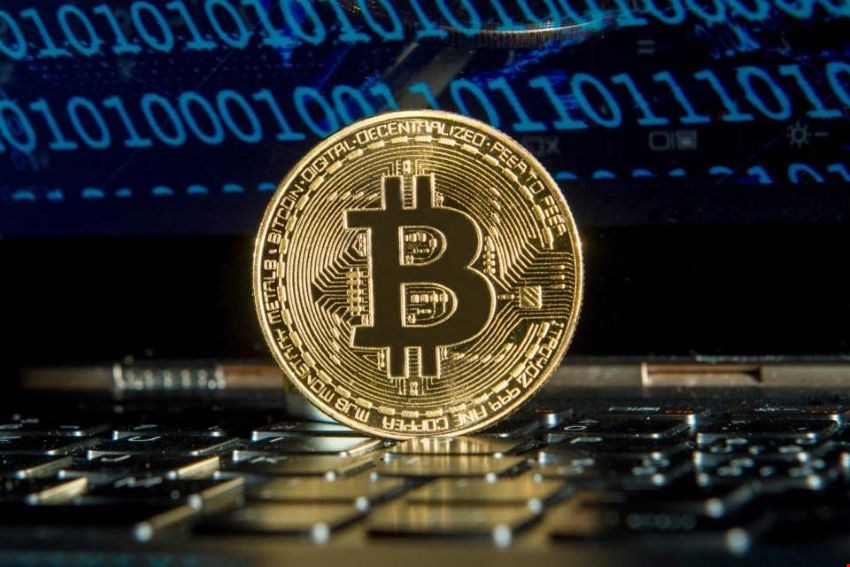on the crypto

In July, Bitcoin (BTC) posted its largest monthly percentage gain this year. This is despite the Federal Reserve's decision to raise interest rates by another 0,75% and fears that the economy may go into recession. Does that mean the worst is over? Has cryptocurrency finally hit rock bottom? Let's find out.
The best Bitcoin month of this year
After a terrible June, the price of Bitcoin rose 18% in July - the largest percentage increase since the beginning of the year. Earning 18% the month following a 38% loss is certainly better than accumulating other losses. But as can be seen from the table below, Bitcoin has not yet begun to write off its June losses.
In addition, it must earn 65% to reach the end-of-January value. The leading cryptocurrency is struggling to hit the $ 25.000 mark and is worth a fraction of its all-time high. Many analysts are still cautious about August, which has historically been a bad month for cryptocurrency prices. All in all, it is still early days and we are not out of the woods yet.
What it means for investors
Some investors are hoping for a recovery in cryptocurrency prices to put an end to the stress of seeing portfolio values continue to decline. Others want to buy on the downside, but this can be a dangerous investment strategy. Not only is this nearly impossible to accomplish, but it can mean that investors stay on the sidelines indefinitely, always hoping for a lower price. Certainly there are several factors that can bring prices down further. But there is also the possibility that some have already been priced.
For example, we do not yet know what form the increase in regulation will take and what impact it will have on the market. It may take some time to rebuild confidence in the market after the collapse of the Earth (LUNA) and several cryptocurrency lending platforms. Finally, we do not know how serious the energy crisis in Europe will be, nor what could happen to the US economy.
As a cryptocurrency investor, rather than focusing on whether this is the fund, here are two questions to ask:
1. Do you have money that you can afford to lose?
Before opening an account with one of the major cryptocurrency exchanges such as Bitcoin ProYou may want to address other financial goals, such as retirement savings, setting up an emergency fund, and debt relief. Don't prioritize investing in cryptocurrencies over building the financial foundation that will help you build long-term wealth.
2. Do you believe in the long-term potential of Bitcoin?
If you invest for the long term, you are less likely to lose sleep over short-term market fluctuations, even if these fluctuations are dramatic. Take your time and understand why people think Bitcoin can outperform other assets and why others remain skeptical. This way you can make your own decisions. If you are optimistic about Bitcoin's potential over the next five, ten or even twenty years, this may be the right time to invest. Prices may fall further, but they are still low compared to last year.
In conclusion
It's easy to get carried away by an 18% price increase per month, but the broader macroeconomic factors that contributed to the cryptocurrency's losses are still at play. If you decide to buy cryptocurrencies, consider ways to isolate yourself from risk, such as making sure they are part of a diversified economy and using dollar cost averaging to protect yourself from volatility.
